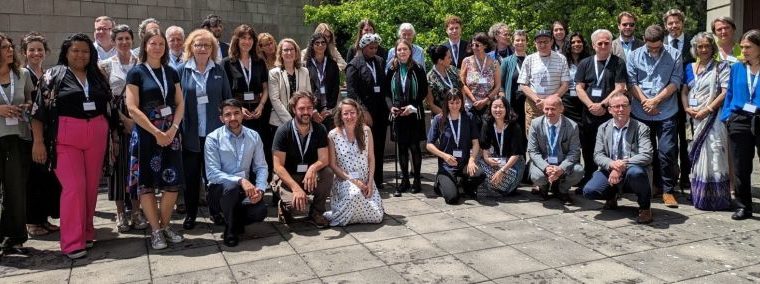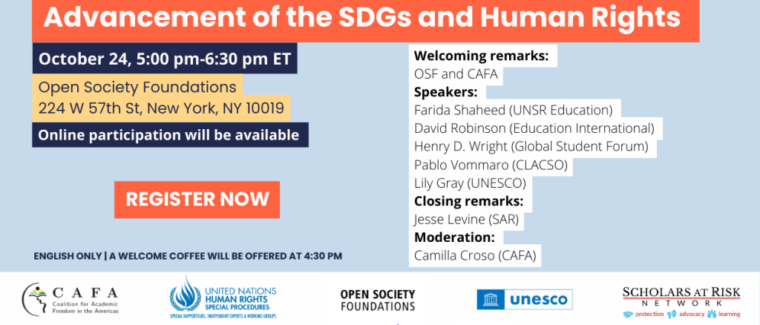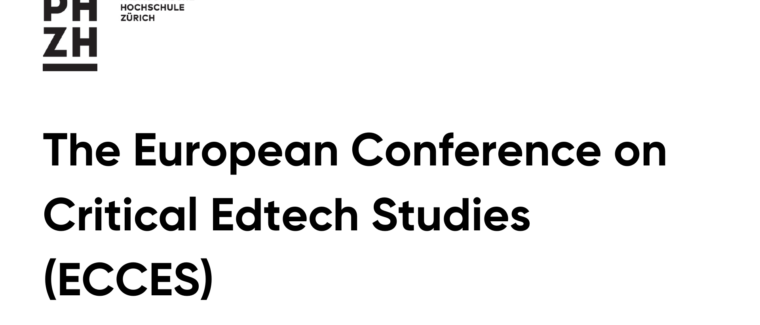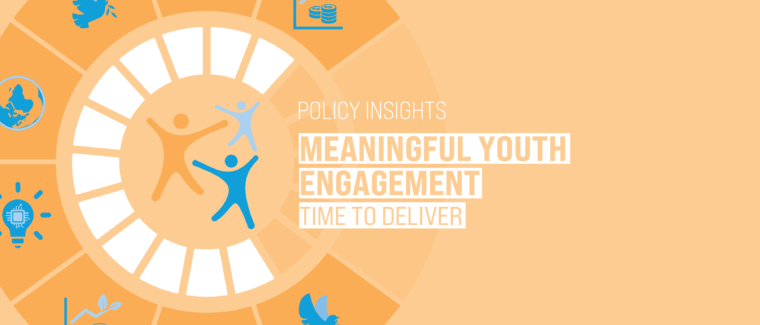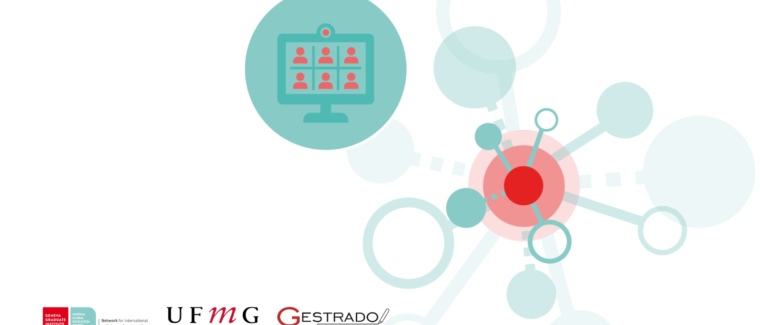24 Oct 2024
UNESCO Human Rights Dialogue on the Right to Education 18-19 June 2024
On 18-19 June 2024, NORRAG’s Executive Director, Moira Faul and Senior Adivsor, Gita Steiner-Khamsi, took part in the Swiss Commission for UNESCO’s Human Rights Dialogues. In collaboration with experts from UN agencies, NGOs, and universities this initiative aims to strengthen the implementation of human rights in various sectors, including education, science, culture, communication, and information.... Read More
24 Oct 2024
Making Data Work for Equitable Education: Contributions from the GPE KIX EMAP Hub
In this cross-posted blog post, Marina Dreux Frotté draws on findings from the GPE KIX EMAP Hub to discuss the conditions that need to be met to strengthen the capacity of policymakers on how to analyse and use data. Despite the wealth of data available at local, national, regional, and global levels, policy makers still face... Read More
22 Oct 2024
UNHCR & Arigatou International - Invitation to Join a Consultation Session
Voices of Children on the Implementation of the UN HRC Resolution on Ensuring Quality Education for Peace and Tolerance for Every Child November 5, 2024. 14h00 CET. Zoom meeting FLYER INTRODUCTION As stated in the UN Convention on the Rights of the Child (CRC), children have the right to participate in decisions that affect their... Read More
18 Oct 2024
Event Highlights: Launch of the Arabic Edition of NORRAG Special Issue 08 “he Education-Training-Work Continuums: Pathways to Socio-Professional Inclusion for Youth and Adults”
العربية The Arabic Edition of NSI 08 was launched online on Wednesday 2nd of October 2024. It was prepared by Rasha Sharaf, Professor of International and Comparative Education at Helwan University, Egypt, and Regional Editor of NSI. It includes two articles written by authors located in Egypt, Jordan and Libya in addition to translations of... Read More
18 Oct 2024
UNSR Education: General Assembly Presentation and a Side Event on Academic Freedoms
On 24 October, we invite you to join us at the Open Society Foundations (OSF) in New York for the event The Right to Academic Freedom and the Advancement of the SDGs and Human Rights: Leveraging sustainable development and human rights, including the right to science, for the people and planet. This event is aimed at reinforcing the... Read More
17 Oct 2024
ECCES 2025 Call for Abstracts
CALL FOR ABSTRACTS The time has finally come: we would like to formally invite you to participate in the inaugural edition of the European Conference on Critical Edtech Studies (ECCES). ECCES will take place June 18-20, 2025, at the Zurich University of Teacher Education – including two confirmed keynote presentations by Felicitas Macgilchrist and Ida... Read More
17 Oct 2024
Speech, Power, and Affirmation Strategies for Youth Engagement
In this blog post, Jhonatan Almada argues that youth engagement needs to go beyond manipulation, symbolism, and decoration. He proposes speech, power, and affirmation as effective strategies for youth engagement. This blog post was previously published in NORRAG’s Policy Insights #5, Meaningful Youth Engagement: Time to Deliver, which was launched on the occasion of the... Read More
Webinar Among Teachers : Challenges to the Right to Education from Authoritarian Movements
português Date: Wednesday 23 October 2024 Time: 11pm CET Online (Youtube) Webinar Among Teachers : Challenges to the Right to Education from Authoritarian Movements This webinar is part of a series or regional events organised in partnership with the Federal University of Minas Gerais (Brazil), with the Research Group on Education Policy and Teaching Work... Read More
15 Oct 2024
Shaping Education for Peace: NORRAG’s Contribution to the Framing of the Human Rights Council-Mandated Report
Education is a tool for peace, it is vital to recognize that learning for peace extends beyond classrooms and crises. It is not just for students but also for teachers, administrators, and education systems that must adapt to foster peace in increasingly polarized environments. NORRAG’s contribution to developing guidance for the framing of the Human... Read More
10 Oct 2024
Evidence for Education Policy Reforms: Between Global Agendas and Local Reality
In this blog post, Rasha Sharaf draws on her own experience to contribute to the discussion on the tension between local reality and global agendas in the use of evidence for education policy reforms. In this blogpost, I am sharing my experience with international development projects in the MENA and South Asia regions where I... Read More

